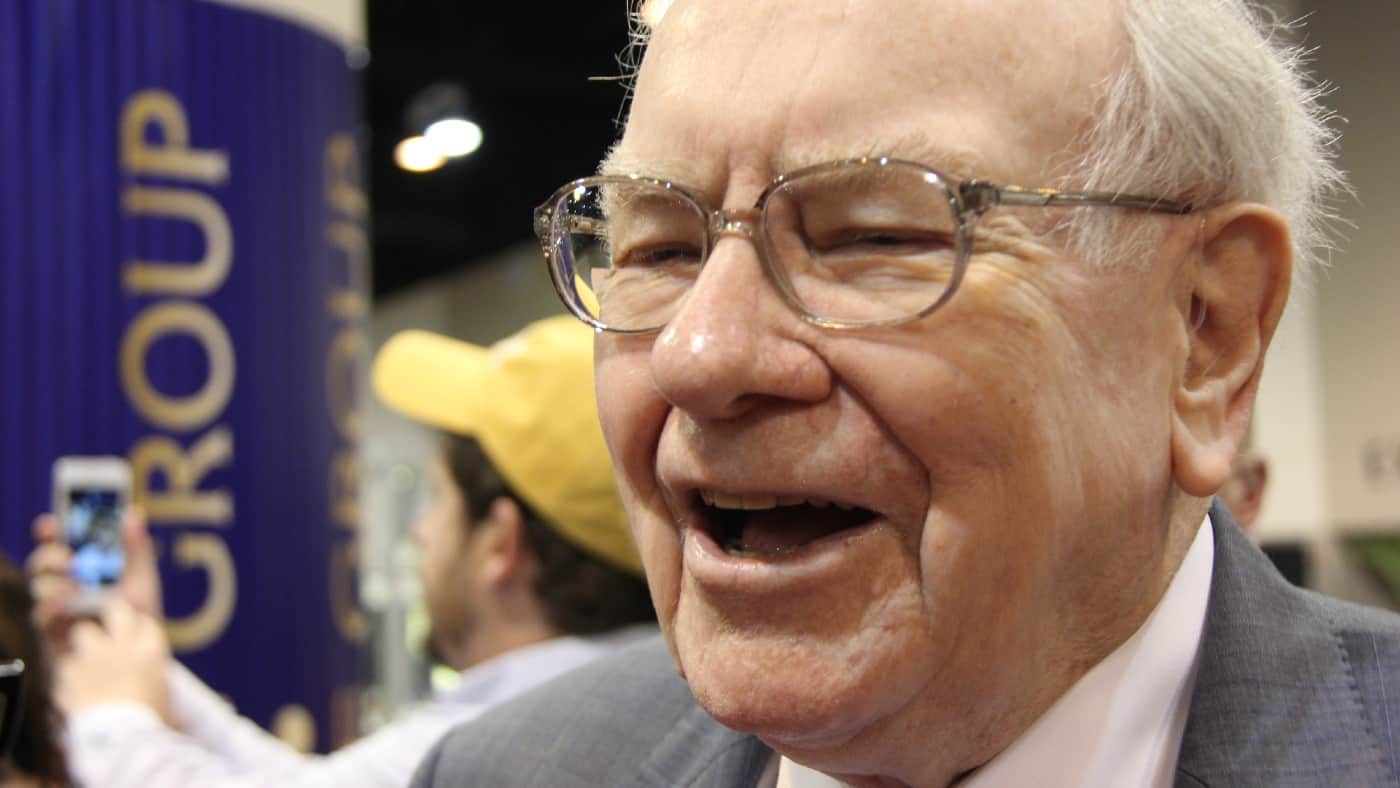How late is too late to start getting rich? Aged 40, now-billionaire investor Warren Buffett had only made a small fraction of the total wealth he now enjoys. If I was 40 and had few savings, I would draw some consolation from that — but also inspiration.
Even with far more modest resources, I think applying some of Buffett’s investing approach could help me improve my wealth. Here is how I would go about it.
Focus on the very long term
When in a rush to get rich, it can be tempting to think about what sort of fast returns an investor might get in a matter of months, or even weeks.
That is the opposite of how Buffett thinks about things, which is in a timeframe of decades.
I think that approach makes sense because it reflects what owning shares is really about – trying to benefit from the long-term performance of a business. If it is strong and can build sales and profits over time, hopefully that can be reflected in its share price and perhaps also dividends. So why sell? If the story is compelling, time ought to amplify the results.
Keep things simple
Some of Buffett’s largest investments are in household names like Apple and Coca-Cola. With his vast financial knowledge and experience, why does he put such a major proportion of his money into large, well-known companies that, in some cases, lack dramatic growth prospects?
One reason is that Buffett likes to stick to what he knows. If he cannot understand a business model that a company uses, it is hard and perhaps impossible for him to judge how it might do in future. Not knowing that would make it difficult for Buffett to assess the value of a firm which, as an investor, is crucial.
I do the same in my own portfolio. By sticking to my circle of competence when I invest, I believe I increase my chances of success compared to buying shares in businesses I do not understand.
Buffett buys rarely – but still diversifies
Buffett reckons that a mistake common to small private investors is not doing too little, but rather doing too much.
His approach involves investing fairly rarely. Instead of putting money into businesses he thinks looks quite good, Buffett prefers to wait until he finds what he thinks is a great investment idea. When that happens, he often invests on a large scale.
But no matter how great he may think a particular share is, Buffett always keeps his portfolio diversified. That means if it turns out he is disappointed by a particular share, the impact on his overall returns will be limited.
That strikes me as a wise approach, no matter how much is being investing. Which is why I always keep a variety of shares in my own portfolio.








